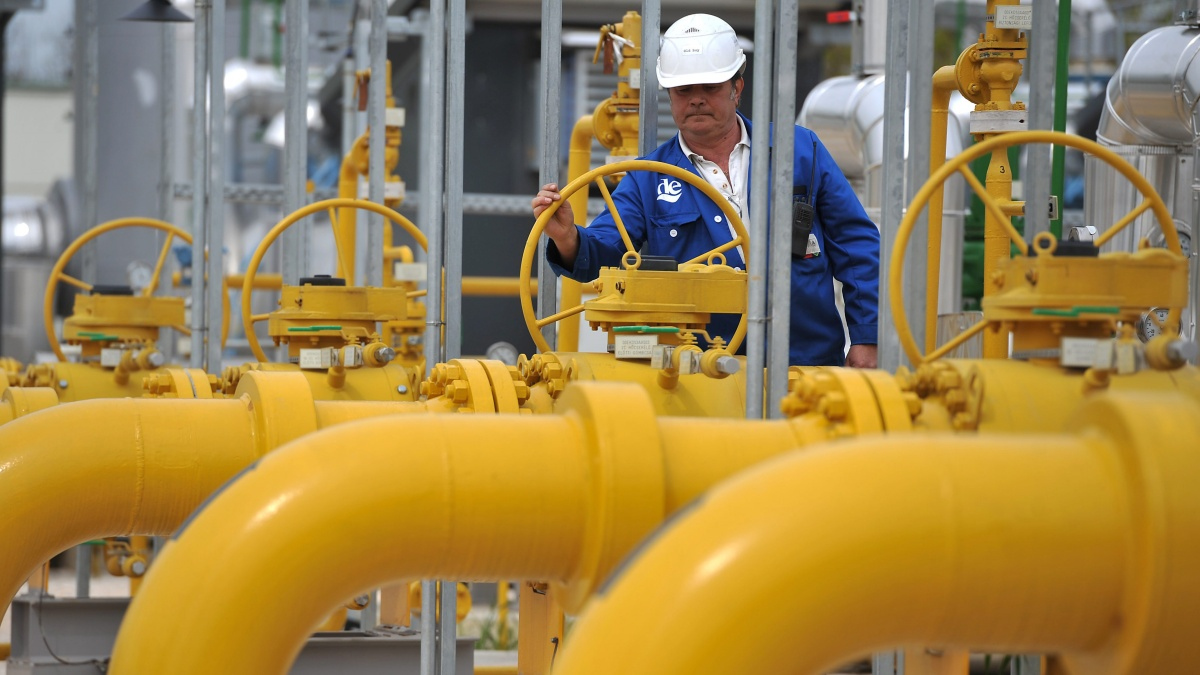Rising tensions in Ukraine have increased concerns about a deepening energy crisis, especially related to gas, for which mainland Europe is heavily reliant on Russia.
While there are reassuring signals from Warsaw and Brussels that Europe has enough resources to survive this stage of the crisis in eastern Ukraine, many are questioning what would happen if Russia decided to cut off gas supplies?
The Polish Minister of State Assets Jacek Sasin assured that Poland was prepared for such a scenario. He even added that within a year, Poland will be able to make itself completely independent from Russia’s gas supply.
Sasin pointed to the infrastructure currently being developed, such as the Świnoujście LNG terminal and the Baltic Pipe, which are meant to ensure gas supply for the next 30 years alongside other connections, like the one through Klaipėda in Lithuania.
[pp id=29721]
Moreover, the minister indicated that Poland’s natural gas reserves were filled up to 80 to 90 percent of their capacity.
“The situation looks different in other countries, which are dependent on Russian gas to a much higher degree, such as Germany,” Sasin explained. “This means a great potential threat to Europe,” he added.
With the current Polish stockpile of gas, Poland could survive up to two months even if no other gas reached the country, the minister revealed.
Michał Paszkowski from the Central European Institute pointed to two situations which had to be considered when it came to gas supply.
The first was the instance in which there was a total suspension of gas being transferred to Europe, which would cause a massive crisis situation. The second was the case in which supply would be restricted, as is currently happening.
“When it comes to the level of filling gas warehouse capacity, this level is lower by 9 to 15 percent in the EU this February compared to previous years. When it comes to Poland, however, this level is almost 10 percent higher than in previous years, so I wouldn’t be worried about us,” he said, reminding of Poland’s long-term contracts with Qatar and the U.S.
He warned however that many other European countries were in a much more dangerous situation.
“This mainly concerns Austria, the Netherlands and Germany, in which Gazprom-owned warehouses are operating. In Germany, Gazprom is the owner of around 30 percent of all warehouse capacities and in 2021, the company had heavily limited that supply.”



